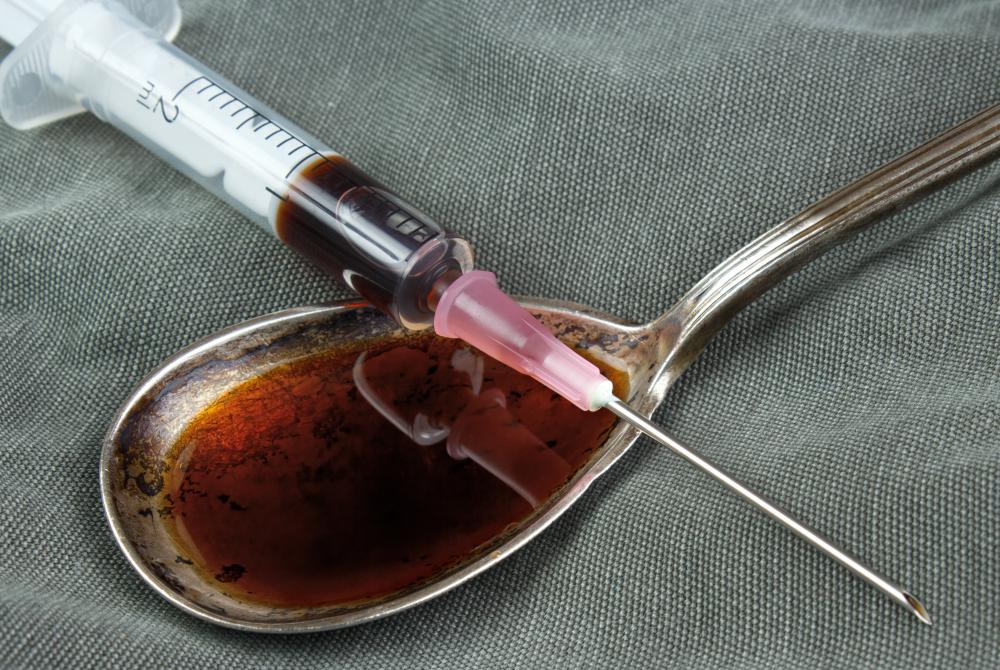At TheHealthBoard, we're committed to delivering accurate, trustworthy information. Our expert-authored content is rigorously fact-checked and sourced from credible authorities. Discover how we uphold the highest standards in providing you with reliable knowledge.
What is Buprenorphine?
Buprenorphine is a prescription narcotic that is used as a treatment for heroin addiction. Although it might seem counterintuitive to treat addiction to an opiate with another opiate, this treatment can effectively reduce both physical and psychological dependency on heroin. In addition, this medication also is prescribed to treat severe acute or chronic pain.
This medication is an effective treatment for heroin addition for two reasons. First, it is able to prevent withdrawal symptoms caused when someone who is physically dependent on heroin stops taking the drug. The second reason is that buprenorphine blocks the narcotic effects of heroin, preventing the user from experiencing the high that heroin normally would provide.

Buprenorphine works in this way because it is a partial agonist of other opioids. This means that it competes with other opioids for the cellular receptors that enable cells to respond to opiate drugs. When this medication is taken, it therefore reduces the effects of any other opioid drugs that also are used. As a result, the heroin user’s reason for using heroin is mitigated. This type of heroin withdrawal treatment is effective because it allows the heroin user to make changes in his or her life without suffering the debilitating cravings and physical symptoms of heroin withdrawal.

One particular advantage of this medication is that even at low doses, it is a potent enough partial agonist that it can compete strongly with heroin for available receptor sites. This means that even a low dose of the medication can eliminate cravings in someone who is addicted to heroin. Another advantage is that this medication has a so-called “ceiling effect,” which means that the effects of the drug increase with higher doses but plateau relatively quickly. As a result, buprenorphine is less addictive and has fewer side effects in comparison to many other opiates.

Even so, this medication can be addictive and subject to abuse in people who do not have a physical opioid addiction. In addition, this medication can cause a range of side effects. Most of these are common to all opioids, including constipation, nausea and vomiting. Initial treatment with this medication also can cause a withdrawal syndrome, symptoms of which include nausea, vomiting, muscle cramps, diarrhea, insomnia, sweating, irritability, distress and opioid cravings.

Buprenorphine is a much more effective treatment for heroin dependency when it is used in conjunction with a comprehensive support plan. This is important because there normally are multiple factors contributing to heroin use and dependency. Therefore, a treatment plan typically includes counseling and development of a support network, in addition to medication.
AS FEATURED ON:
AS FEATURED ON:















Discussion Comments
@literally45-- I have used both of those at different times. They're very similar, they're both opiates so they work the same way. And I believe they both have long half-lives. Because of this, they don't cause many side effects.
The only issue with buprenorphine treatment is that there is a dose cut-off where the drug is no longer effective. Tolerance is built to all opiates with use. So what this means is that buprenorphine cannot be used for a long time, especially by someone who builds tolerance to opiates quickly.
Which is the better opiate with less side effects -- buprenorphine or methadone?
Has anyone here used both?
Opiate addiction is very difficult to overcome and taking a different opiate while withdrawing is very helpful. The second opiate, such as buprenorphine, helps reduce withdrawal effects so that the person can tolerate reducing the drug. But it's important to do this under the supervision of the doctor so that the individual doesn't then become addicted to the second opiate.
I know several people who were able to withdraw from other opiates with the help of buprenorphine.
Post your comments